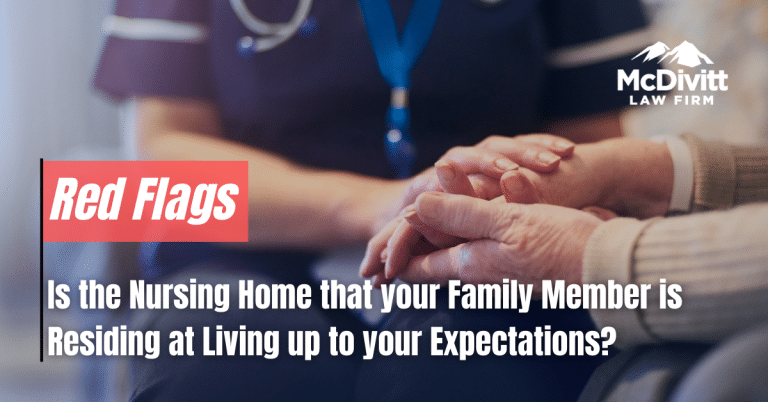It can happen quickly and without warning. You’re on your feet walking into a store or restaurant, or perhaps taking a stroll around your neighborhood. Next thing you know, you’re on your back. Many times, we are lucky enough to get back on our feet, maybe even share a laugh with a friend. Other times slipping on ice or snow and landing on concrete, or other hard surfaces, can lead to serious injuries, chronic pain, and require extensive medical treatment. It is not a laughing matter.
It is not uncommon for pedestrian walkways to be obstructed by snow in Colorado during the winter. When someone is injured slipping on snow or ice it could justify legal recourse and impose liability upon the owner of the property that the incident, or slip and fall, occurred on. Legal cases that involve slip and fall injuries are known as premises liability.
Who is responsible?
In Colorado the duty that a property owner owes to others on their property depends on the legal classification of the person who is on the property. There are three classes of people that are considered when analyzing the duty of a property owner.
Trespasser – Property owners owe no duty of care to a trespasser. They simply must avoid willfully or deliberately causing injury to a trespasser. An example of a trespasser is a thief or neighbor who is uninvited onto a property.
Licensee – A licensee is an invited or expected guest onto a property. As a licensee, a person may recover damages if the homeowner knew about the dangerous condition and failed to fix the problem or warn guests of the problem. This is known as an intermediate standard of care. An example of a licensee is a guest at a house party.
Invitees – Property owners owe the highest duty of care to invitees. Any patron or customer of a business is considered an invitee. Property owners must remediate all known hazards and take steps to prevent hazards as well.
Does where it happened matter?
If the slip and fall occurred at a business the victim will need to prove that the business or entity knew or reasonably should have known of the hazard (snow/ice for example) which caused the injury. The business must have known and failed to take a reasonable action to reduce the risk to their customers.
If the incident occurred at a private residence you would be able to file suit against the property owner. A homeowner must tell their guests about any dangerous condition that currently exist on the property
What to do if you fall on ice/snow?
Once you have been involved in a slip and fall incident many feelings and thoughts will be racing through your head. You might feel pain, panic, or even slight embarrassment, but regardless of how you are feeling it is important to stay calm and allow yourself to evaluate the situation and gather any information relevant to the incident.
Below are a few tips for what to do after a slip and fall:
- Remain calm and determine the severity of your injury
- Inform the property owner or a representative of the owner of the incident
- If there were people who saw the incident take place, obtain their contact information in case they are needed as witnesses in future litigation.
- Seek appropriate treatment for any injuries suffered
- Take video of the scene where the incident took place. Photos may also work but video is a better form of documentation.
How we can help
If you feel your injuries require legal action, contact the attorneys at McDivitt Law Firm. Suffering a serious injury on snowy, wet, uncleared premises is unacceptable. We will hold property owners accountable for their negligence and get you the money you deserve.
Learn more about premises liability.


